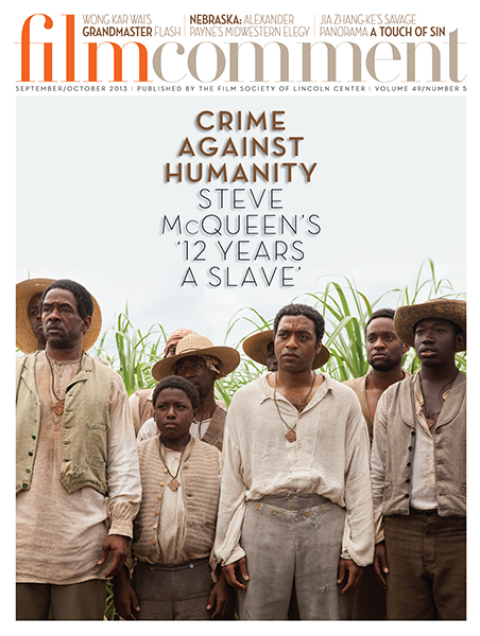
Denis has been weaving more or less explicit self-critiques into her films since at least 2001’s polarizing Trouble Every Day. The difference is that where Bastards finds her impressionistic, hyper-tactile aesthetic willfully hemmed in, Trouble Every Day suggests what happens when it’s allowed to run amok. Denis’s films have always been shot through with a current of menace just waiting to be made explicit: it’s present in their off-balance close-ups, faintly unstable camera moves, obsessive attention to the texture of hair, clothes, and skin, and habit of letting the camera slide caressingly around actors’ bodies when they’re at their least self-conscious and most exposed.
Where other Denis films seem to circle and drift around indecisively, Trouble Every Day itches with a kind of nervous forward momentum. It’s an extended come-on, full of teases and hints and come-hither gestures, finally climaxing—in every way—with two scenes of gruesome sexual violence. Like its characters, the movie can’t get off without (at least metaphorically) consuming its object of desire, and it’s alarming to think that this might be the ultimate end of all Denis’s luminous close-ups and seductive camera-crawls.

The film tries a little too hard, I think, to account for why newlywed Shane (Vincent Gallo) and his wild-eyed ex-lover Coré (Béatrice Dalle) both crave human blood when aroused, and its less-is-more approach to character never goes quite far enough: we learn just enough about Gallo and his chirpy, pixie-haircut bride June (Tricia Vessey) to want more than we get. But quibbles aside, Trouble Every Day feels in retrospect like a necessary step for Denis: the cathartic purge that would then allow her to indulge in Friday Night’s vision of sex as a delicate, momentary attunement of sensibilities, interests, and desires.
It’s the kind of public self-exorcism a director can only get away with once in a career. And even at its most overdetermined, it still reflects its maker’s signature love for intractable contrasts and unresolved ambiguities. It’s hard to forget the way Dalle affectionately nuzzles the cheek of a young man she’s just half-devoured, or the way her stoic scientist husband (Alex Descas) tenderly sponges streaks of blood off her back, shoulders, chest, and lips, or the way Gallo gazes at his young wife with equal parts husbandly affection, feral hunger, and fear of his own power.








